|
A friend challenged me (on Facebook, no less!) to hook a topic to history. In the previous post, we began to Choose and Connect as we studied using History as the Hook. This post will focus on how to Cultivate Refinement and Excellence, Consider Patterns and Worldviews, and Consecrate Your Personal Purpose Path using History as the Hook. Cultivate Choice and Connection
First, let’s review: I’ve chosen to study the Easter Island Moai. I’m going to connect it to everything through history. How can I further cultivate agency and responsibility through this study? Always ask this question first, as Choice is the key to each subsequent step. How will I choose to hold myself accountable to this course of study? Will I make myself a schedule? Will I teach it to others, write an article, or create a project to share? Will I choose a specific focus? Or study broadly? Or both? If I am a mentor, how will I help my student(s) Cultivate Agency and Responsibility? Will they share in the research of the topics, in the gathering of resources? Will I encourage them to choose resources or topics within the study to focus on? Will I ask them to specifically focus on character, agency, and responsibility or another general point? How will they share their findings? In a project, presentation, or paper? Through service or some other application of principles learned?
0 Comments
How exactly does one learn using history as the hook? A friend’s response to an article I posted on Facebook about Easter Island encouraged me to show how I learn everything using chronological history. The article showed bodies excavated in 2017 attached to the famous Easter Island heads. (https://mymodernmet.com/easter-island-heads-have-bodies/) I had no idea there were bodies under the ground. But I knew how to find out more about the story. So . . . challenge accepted, my friend!
If you are either the teacher or the student, the process of studying a topic chronologically is the same. Choose a topic—in this case, the Easter Island heads, or Moais. Then, do some research. I usually choose a topic from my chronological Timeline list that I’ve created over the years. But finding an article that is interesting, or running across a new topic in reading or study, is also valid. Go with your own or your students’ interests. I start in my home library. Do I have any resources helpful to learn more about the Moais? Guess what I found? Aku-Aku: The Amazing Story of a Scientific Expedition That Uncovered the Secret of Easter Island, by Thor Heyerdahl, one of the explorer-archaeologists who actually worked on Easter Island. Cool! An original source. But I can’t find anything else that is useful. So . . . It’s all Rachel’s fault. On Independence Day, she posted on the Thomas Jefferson Education Facebook page, “Define, compare and contrast: Independence/Freedom/Liberty . . . .” I have pondered those words for a couple of weeks now. What is Independence? What is Freedom? What is Liberty?
Independence is the opposite of dependence. And before the laughing begins, really think about what that means. The degree to which one is Independent is the degree to which one is not dependent on others. One who is Independent is exempt from others’ power and control, without their bias or influence, and is able to support and direct her/himself. According to the Noah Webster’s 1828 American Dictionary of the English Language,* to be Independent is “to be separate from,” “bold,” “not connected with,” and “not obsequious.” I had to look that word up. Among other things, it means “yielding to the desires of others, properly to the will or command of a superior, but in actual use, it often signifies yielding to the will or desires of such as have not right to control.” Isn’t that interesting? Independence includes not yielding to those who have no right to control. Hence, The Declaration of Independence. |
AuthorBonjour! I'm Bonnie. I love learning, travel, reading, writing, photography, and all things French. I am especially passionate about agency education, the humanities, and using history as the hook for all learning! Archives
July 2021
TopicsAll Agency How To How-to Mentoring |
|
©History is the Hook, 2021
|
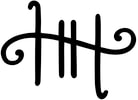
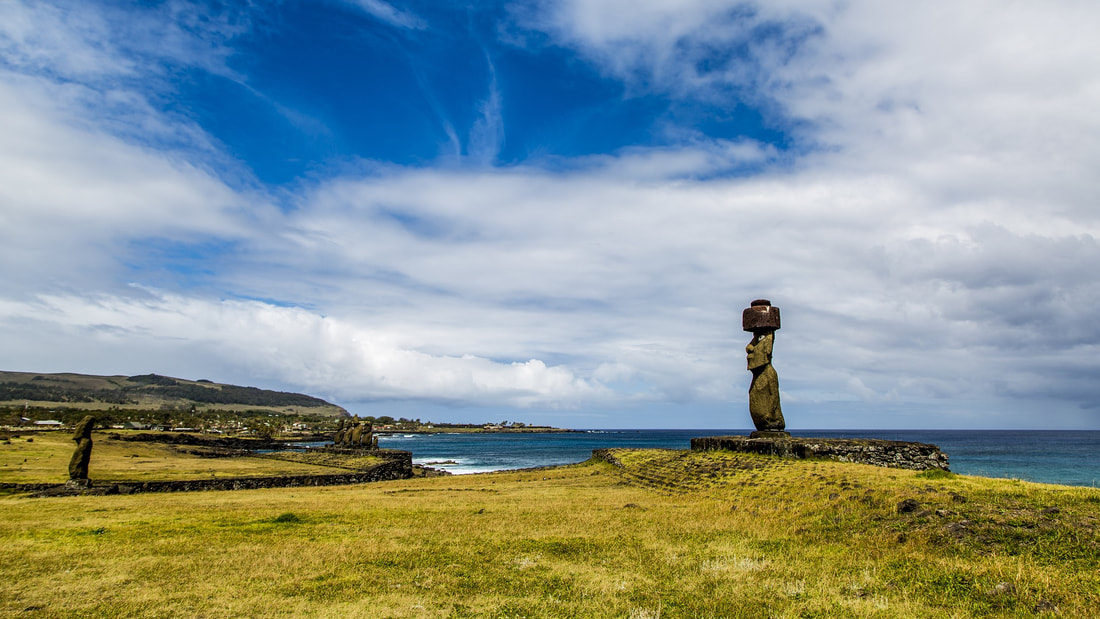
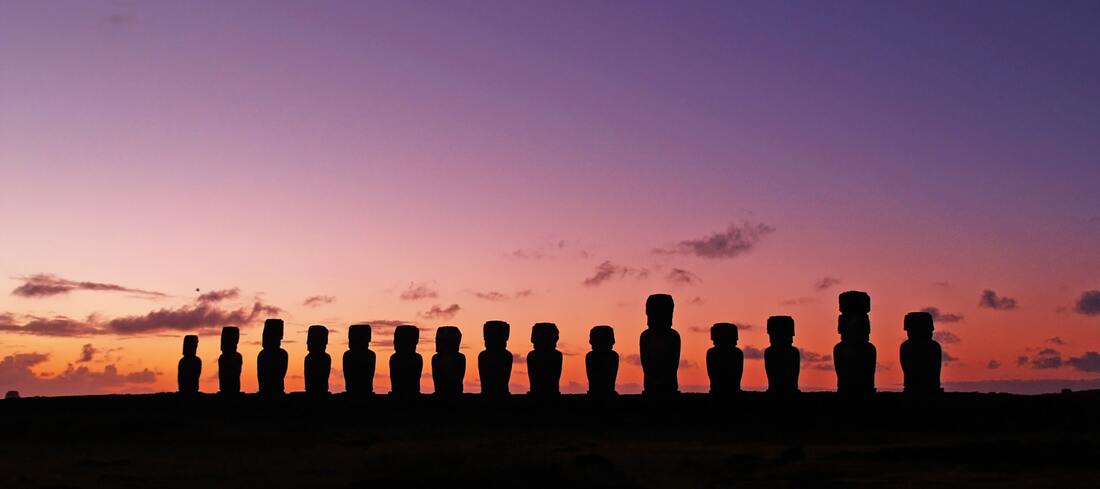
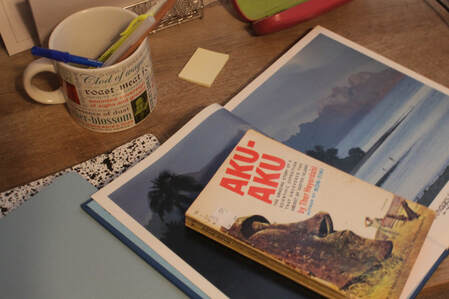
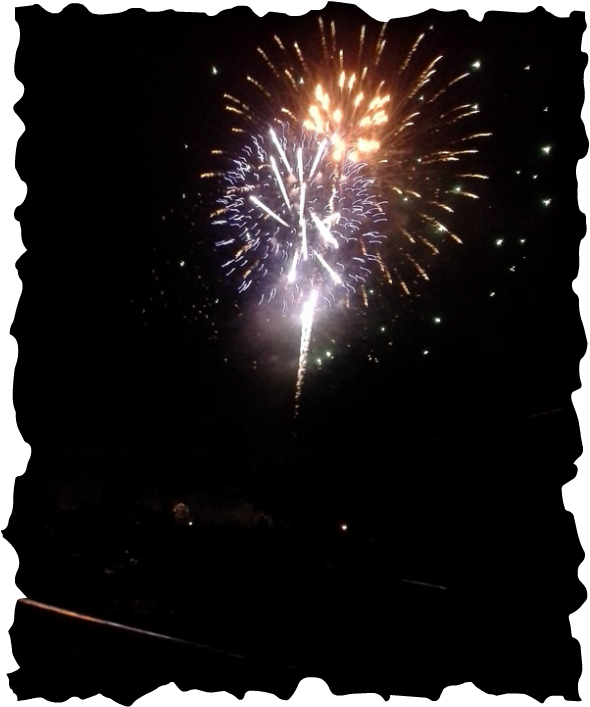
 RSS Feed
RSS Feed